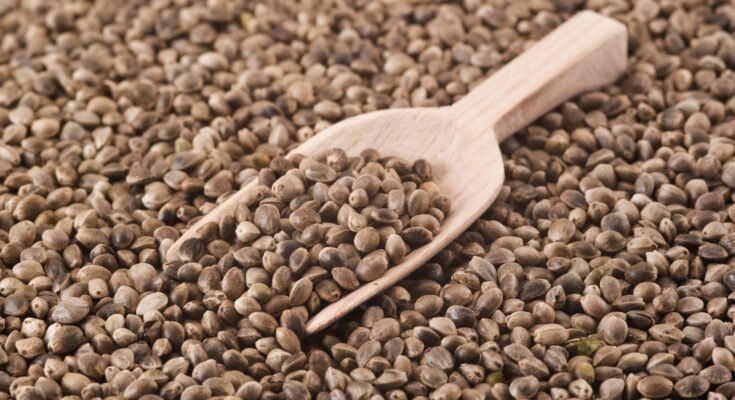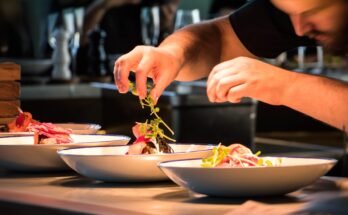If you’re thinking of planting a garden or other crops, you might be wondering if it’s better to buy seeds online or in person. You might also be wondering how to select the best seeds online for your farm. The short answer is that both can work, but there are some things you should know before buying either way. In this article, I’ll explain how to find good sources of seed and how to choose between open pollinated and hybrid plants.
Decide between open pollinated or hybrid seeds.
- Open pollinated seeds are just what they sound like: a variation of the same plant that can produce seeds that will grow into the same kind of plant. They don’t have to be genetically modified in any way, but if they’re bred with another open-pollinated variety, their offspring may have some hybrid qualities. Some examples include tomatoes and corn.
- Hybrid seeds are bred to resist pests and diseases better than other varieties do; this means you can expect higher yields from them if you live in an area where such factors threaten your harvest. They’re also easier to grow than open-pollinated varieties because they have been specifically designed for certain climates and growing conditions, so they tend to perform better overall under these conditions (though not necessarily everywhere).
Figure out what you’ll be growing and when you’ll be planting.
The best time to plant seeds depends on what you’ll be growing and where you live. For example, if you’re planting corn, it’s better to wait until the soil reaches 60 degrees Fahrenheit before planting your seeds (that’s about 15 degrees above freezing). But if you’re planting tomatoes, which prefer warmer temperatures, you can go ahead and plant them right away. In addition to figuring out when it is best to plant your seeds based on temperature requirements and seasonality, it’s also important to consider what kind of seed they are—each type has its own optimal planting period. For instance:
- Corn should be planted after last frost date (when soil temperature hits 60°F)
- Wheat prefers cool weather conditions; do not sow until soil has warmed up after last frost
- Beans are best planted in early spring (late March or early April)
Find sources that have a proven track record of selling viable seeds.
If you need to buy seeds for your farm, there are a few things to keep in mind. First, make sure that the company has a proven track record of selling viable seeds. You can easily check this by looking at reviews and testimonials from their customers and asking your friends and neighbors if they have ever used them before. It’s also important to look at the reputation of the company as a whole. If they have been around for a while, then they will likely offer quality products because they have built up trust over time with their customers. Finally, it’s important that you take time to browse through their website so that you can get more information about what exactly makes them stand out from other seed suppliers out there on the market today!
Conclusion
So there you have it: the basics of choosing seeds online for your farm. It may seem like a lot of work, but if you keep these tips in mind and do your research, you’ll be well on your way to finding the perfect seeds for your needs!




